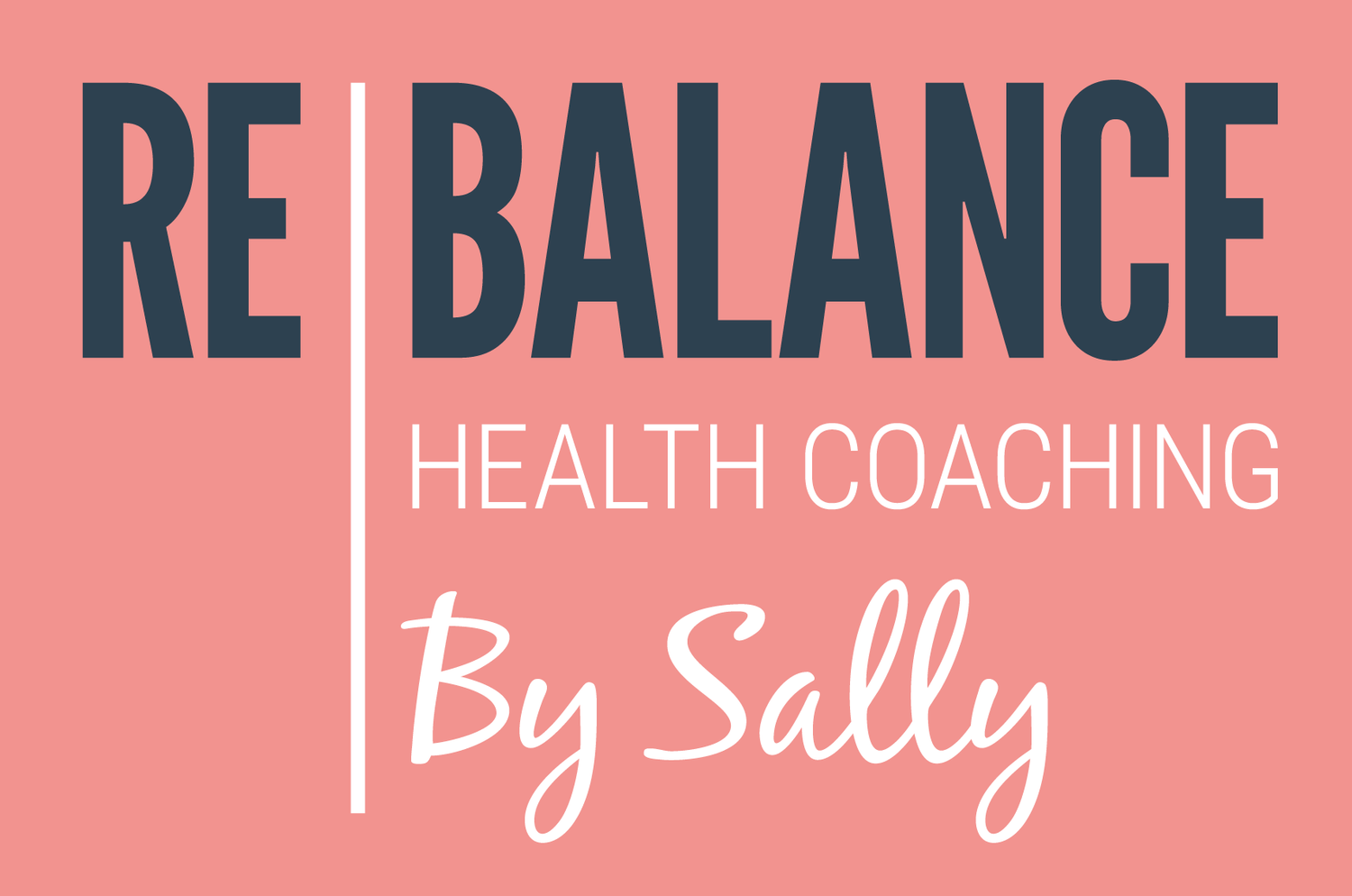How to create a menopause friendly WOrkplace
75% of women are affected by menopause symptoms with 25% of women experiencing severe and debilitating symptoms. The stats around menopause in the workplace make for shocking reading. One in ten women leave their jobs due to symptoms and one in five take time off work to deal with symptoms. What’s more, a huge 72% of women in menopause feel unsupported at work. But it doesn’t have to be this way.
Menopausal women are the fastest growing demographic in the workplace, yet there is still much stigma and lack of support from employers. It’s therefore essential that everyone in the workplace understands the signs and symptoms of menopause and the impact they can have on a woman’s health, happiness and performance at work. Once these are understood, you can begin to make your workplace menopause friendly and ensure you don’t lose valuable, experienced employees.
What is menopause?
Firstly, it’s important to understand the various stages of menopause, what it is and the symptoms associated with it. We are not taught about menopause at school and many men and women still feel embarrassed to discuss it.
There are four stages:
Pre-menopause years – where women have regular periods.
Perimenopause – when periods begin to change in nature (more frequent or less frequent, shorter or longer, heavier or lighter) and sex hormones (oestrogen, progesterone, testosterone) begin to fluctuate and decline. This usually occurs during a woman’s 40s but for some women can be much earlier.
Menopause – when a woman hasn’t had a period for 12 consecutive months. The average age is 51 in the UK but every woman is different.
Post-menopause – symptoms can continue after the menopause, sometimes for more than 10 years.
Although we are using the terms ‘woman,’ ‘she’ and ‘her’, it’s important to remember that menopause affects everyone with an ovarian system so that’s non-binary and transgender people too.
There are over 40 different symptoms of perimenopause and menopause. They vary from person to person, and can be emotional, physical to psychological.
Menopause symptoms and support at work
Many of the symptoms of perimenopause and menopause can have a direct impact on women at work. These include:
● Lack of sleep – impacting performance, concentration and focus.
Solution: think about a flexible working policy so that the employee can come into work later. Also consider delegating some of her detailed tasks that day.
● Mood swings and anxiety – some women start to experience anxiety and panic attacks. Those who were previously strong team players may start to withdraw from group activities and discussions.
Solution: show empathy, offer a quiet and safe space where they can go to relax, do meditation or breathing exercises to manage the anxiety or mood swings. Think about offering wellbeing initiatives, such as lunchtime yoga classes or subscriptions to mindfulness apps.
● Brain fog and memory loss – this can affect performance, creativity and productivity.
Solution: encourage staff to take notes in meetings so they can refer back and don’t have to worry about forgetting details. I encourage my clients to constantly stimulate the brain, learning a new skill for example.
● Hot flushes – these impact three quarters of all women; they can start at any time and can be hugely embarrassing and uncomfortable.
Solution: ensure good ventilation in the workspace and access to temperature control or fans. Provide a changing room where staff can change clothing if required. If uniforms are provided, choose fabrics that are breathable, lightweight and dark coloured.
● Stress – the menopause transition is a very stressful time of life, elevating cortisol (the stress hormone) levels which negatively impacts declining sex hormones. This can trigger menopause symptoms or make them worse.
Solution: encourage employees to explore stress management techniques, whether that’s exercise, breathing techniques or meditation. It’s also important to review the employees workload and assess whether it’s manageable or contributing to the stress.
What else can we do to support women?
Menopause is a natural part of life and does affect everyone, even if not you directly (colleagues, partner, parents, friends). This is why it’s vital everyone has a good understanding of the signs and symptoms and how to support women in perimenopause and menopause. It’s essential we break down the taboos and reduce the stigma surrounding menopause. We need men and women to feel comfortable talking about menopause at home and at work so that women can ask for support when they need it.
It's important to note that there’s no ‘one size fits all’ solution for menopause support. Every woman has different symptoms, different severity and a different menopause experience. Therefore, it’s recommended to discuss the specific details with each individual employee and make relevant adjustments accordingly.
5 steps to creating a menopause friendly workplace:
Awareness – start normalising conversations about menopause in the workplace so there’s no awkwardness or embarrassment around the subject. We should change the narrative – treat women in menopause with dignity and respect. Menopause shouldn’t be something that should be feared, but something that is celebrated as the next stage of life.
Education - employers can help by providing menopause education within the workplace so that all employees have a true understanding and can support others as they go through the transition. Women in menopause can be supported with education on how to improve their symptoms through nutrition and lifestyle changes.
Policies – this is a central document which gives employees information about the menopause and sets out how your company supports menopause for employees to refer to. A menopause policy can include useful resources, flexible working policy and menopause related workplace risk assessments. It can reference reasonable adjustments that could be made to ensure that the work and workplace are safe and do not make menopause symptoms worse.
Support – both practical and emotional support should be available for employees going through perimenopause and menopause. Practical support such as having a quiet space available or encouraging exercise in lunch breaks and after work clubs. Think about offering more frequent breaks for employees who are exhausted from standing all day or have a physically demanding job. Emotional support is important too, consider a buddy scheme if there are a number of women struggling with symptoms. Some businesses have introduced menopause champions who are trained in supporting women experiencing symptoms. Introduce a menopause café which is a safe space where women can share their experiences and seek advice.
Culture – it’s important to truly embed these changes into the company culture – it shouldn’t be a tick box exercise but intrinsic to the company values. By starting to break down taboos and encouraging open conversations, women will have the confidence to ask for support when they need it and managers will be confident to discuss support options. Encourage ongoing buddy schemes and menopause cafes to share experiences. It’s comforting for women to feel that they are not alone.
If your workplace isn’t already, then start the conversations about menopause and don’t let colleagues suffer in silence. A menopause friendly culture supports diversity, inclusivity and equality in the workplace. By putting the right policies and practices in place your workplace can reduce absenteeism, improve retention and attract new female talent. There is much work still to be done, but by raising awareness of menopause and starting the conversations we can start to make change happen.
If your workplace is ready to become menopause friendly, I have all the tools to help you to make it easy and inclusive. Message me to discuss the best menopause package for your workplace rebalancebysally@gmail.com

